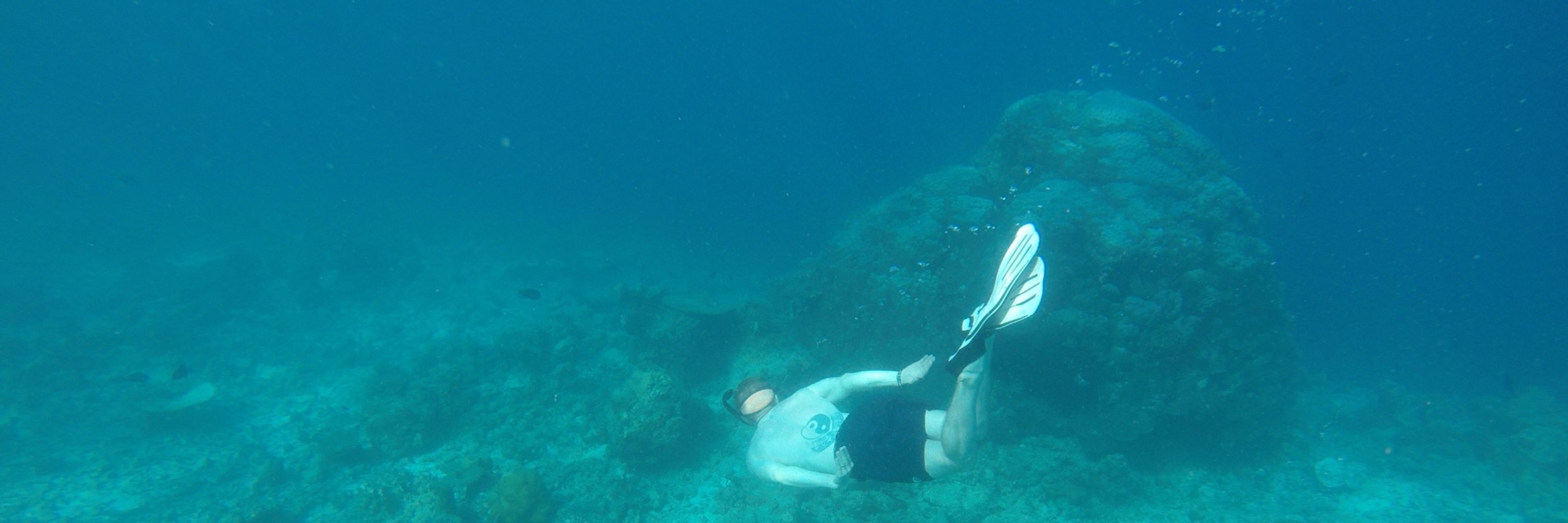Taylor priest
@taylorpriest.bsky.social
430 followers
310 following
130 posts
NOMIS-ETH fellow at Institute of Microbiology and Center of Origin and Prevalence of Life, ETH Zurich | microbial ecologist interested in diversification, evolution and mobile genetic elements | Parent of a beautiful Briard | food and fitness enthusiast
Posts
Media
Videos
Starter Packs
Pinned
Taylor priest
@taylorpriest.bsky.social
· Aug 14

The JEDI marker as a universal measure of planetary biodiversity
Despite its critical importance in the formation and maintenance of ecosystems and homeostasis on Earth, biodiversity remains a complex and non-unified concept. Consequently, standards for measuring b...
www.biorxiv.org
Reposted by Taylor priest
Reposted by Taylor priest
Reposted by Taylor priest
Reposted by Taylor priest
Reposted by Taylor priest
Reposted by Taylor priest
Eduardo Rocha
@epcrocha.bsky.social
· Sep 3
Reposted by Taylor priest
Reposted by Taylor priest
Taylor priest
@taylorpriest.bsky.social
· Aug 29

Genomic diversity and adaptation in Arctic marine bacteria | mBio
Genetic diversity has limited efforts to assemble and compare whole genomes from natural
populations of marine bacteria. We developed a cultivation-based population genomics
approach to culture and se...
journals.asm.org
Reposted by Taylor priest
Reposted by Taylor priest
Reposted by Taylor priest


















